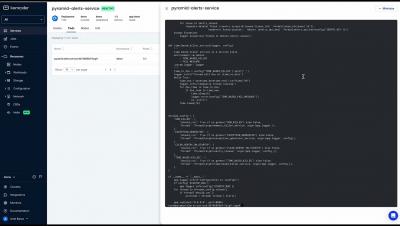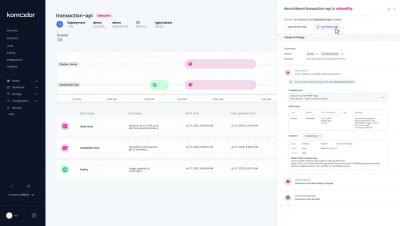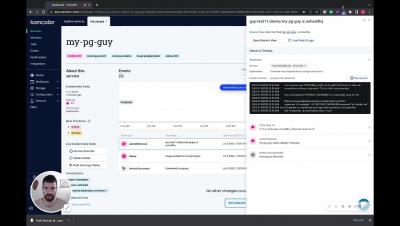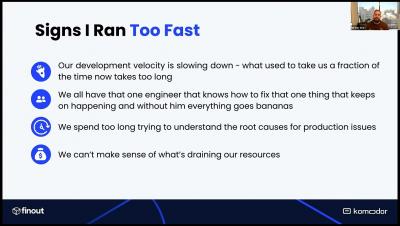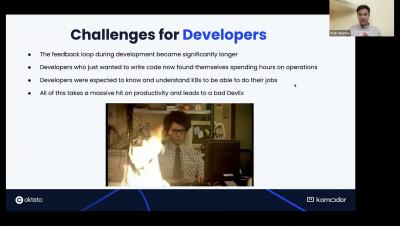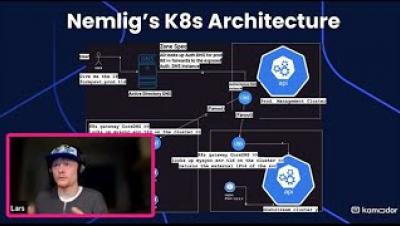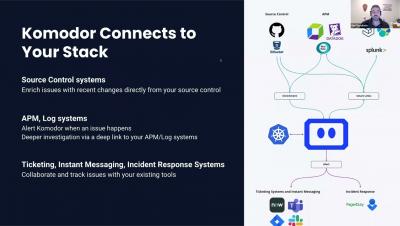Operations | Monitoring | ITSM | DevOps | Cloud
Latest Videos
Starting Your Open-Source Journey
Are you a newbie developer looking to level up your skills and make a difference in the tech community? Join us for a fun and interactive webinar on how to start contributing to open-source projects! Komodor’s Head of Open-Source, Andrei Pokhilko, will guide you through the basics of open-source, show you how to find the right projects for you, and provide tips on how to make your contributions stand out.
The True Cost of Moving Fast & Breaking Things - An Engineering Perspective
Building a prosperous business in a cloud environment is complex, to say the least. Millions of dev hours went to waste (not to mention tens of millions of dollars) because organizations just wanted to “run fast” and deliver value - there is a price tag however, a big one. And you’re paying for it! Building a multi-tenant efficient and stable cloud environment that can work at scale without breaking and wasting resources is almost impossible.
Making Kubernetes Dev-Friendly with Komodor & Okteto
Kubernetes has become the software world’s infrastructure, leading to significant changes in application architecture and packaging. Despite the introduction of new technologies and practices, they have not kept pace with the rapid growth of the K8s ecosystem. As a result, developers who once solely focused on coding are now spending hours on operations, leading to a longer feedback loop during development. They’re expected to have an understanding of Kubernetes in order to do their jobs, causing a significant drop in productivity and leading to a poor dev experience.
Kubernemlig's Multi-Cluster DNS Setup
Are you ready for a geeky deep-dive into the world of multi-cluster DNS setups? Buckle up, because we're about to embark on a journey through the magical realm of domain name resolution! A multi-cluster DNS setup is like the ultimate TARDIS for your servers. Just like how the TARDIS can transport the Doctor to any location in time and space, a multi-cluster DNS setup allows users to access multiple clusters of servers from anywhere in the world, using a single, convenient domain name.


